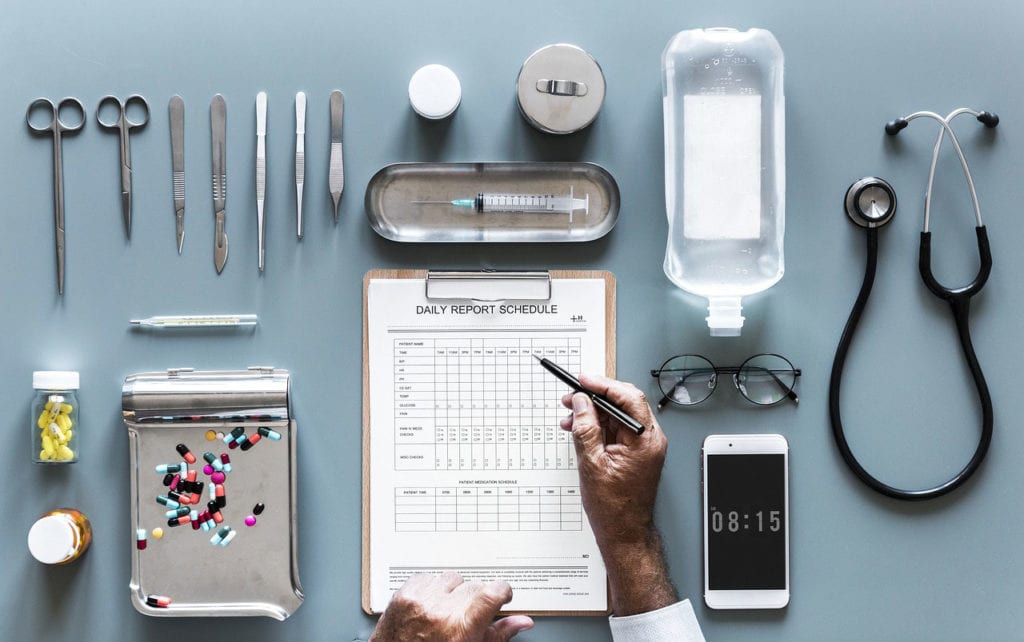When it comes to rare diseases often one of the biggest hurdles is finding the right diagnosis. Tailoring treatment, and adjusting lifestyles can be difficult, but both are impossible if a patient doesn’t know what they’re up against. Many people struggle with getting an accurate diagnosis about relatively common diseases. The issue can become even more intricate if a patient lives with something only one in every 300,000 people has. Keep reading to learn some tips about this process, or follow the original source here for additional details.
Be Prepared
One of the major things patients can do to assist in their diagnosis process is developing a relationship and being prepared. Many of these actions can be performed at home, or before a patient ever encounters a physician.
To begin with, patients should seek to attend regular checkups. Find a reliable primary care physicians and get in the habit of annual visits. Not only does this help by providing additional screening opportunities, but it enables the development of relationship with a local health team. Having a doctor that knows a patient personally can go a long way towards getting the most effective care.
Another element of preparation involves information. Many professionals recommend filling out paper work at home before arriving at the doctor’s office. Keeping an up-to-date family history may also prove beneficial. Being prepared to discuss or describe any symptoms not only saves time, but improves accuracy. Doing research on symptoms or potential conditions can be helpful, but experts caution patients on the validity of their sources. It is better to consider research as an opportunity to find starting points than one to find a diagnosis.
Questions and Answers
Patients may also avoid misdiagnosis by being forthcoming with physicians. Many people feel the need to leave out sensitive information. For example, patients may leave out sexual activity or use of substances. While these types of discussions can be uncomfortable or involve delicate matters, they may contain critical information for a diagnosis. Doctors are in the business of promoting good health, not judging morality or preferences.
Another detail patients often are unaware of is that they can ask doctors questions. This may be a question about treatment, or even about the nature of a diagnosis. A number of consumer reports indicate that health professionals find it at least somewhat useful for patients to ask questions. As an example, patients may try questions like “what is my main problem?” “what do I need to do?” or “Why is it important for me to do this?”
Advocating for Advocacy
Finally, patients should consider the power of other people in their lives when seeking a diagnosis. Many people find doctor’s visits stressful. It can be difficult to remember all of the details. Bringing a friend or family member along can help relieve stress. It also adds an additional level of accountability for recalling doctor instructions, or for correctly describing symptoms.
Organizations specializing in conditions may be able to help as well. Searching local communities or online for specific disease communities can help a patient gather information, or find a person with a similar experience. Sometimes that human connection can be enough to make all the difference. In other cases, patients may find valuable resources such as universities with specialized research, or clinical trials that offer new treatments.







